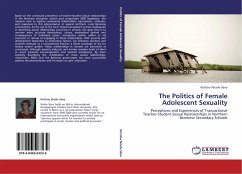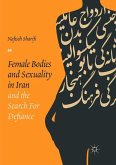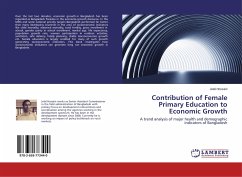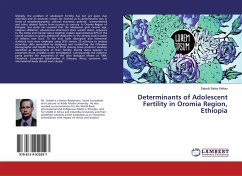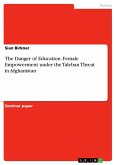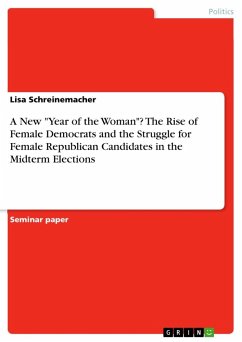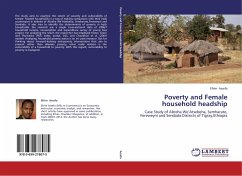Based on the continued prevalence of teacher-student sexual relationships in the Beninese education system post progressive 2006 legislation, this research aims to explore community stakeholders perceptions, attitudes, and responses to this phenomenon in several northern, rural Beninese communities. As the use of the term "sexual harassment" proves inadequate in describing actual relationships occurring in schools, the goal here is to uncover more accurate descriptions, causes, motivations behind and consequences of individual actors acceptance (either willful or via coercion) or refusal of engaging in these relationships. With poverty and development disparities as motivating factors, sex between teachers and students emerges as a transactional process: a direct exchange of sex for money and/or grades. Many relationships in schools are perceived as consensual, although poverty induced, and involve complex levels of silent or overt parental encouragement and societal acceptance. By more explicitly describing the complexities of these sexual relationships, researchers, NGOs and the Beninese government can more successfully address the phenomenon and its impact on girls education.
Bitte wählen Sie Ihr Anliegen aus.
Rechnungen
Retourenschein anfordern
Bestellstatus
Storno

